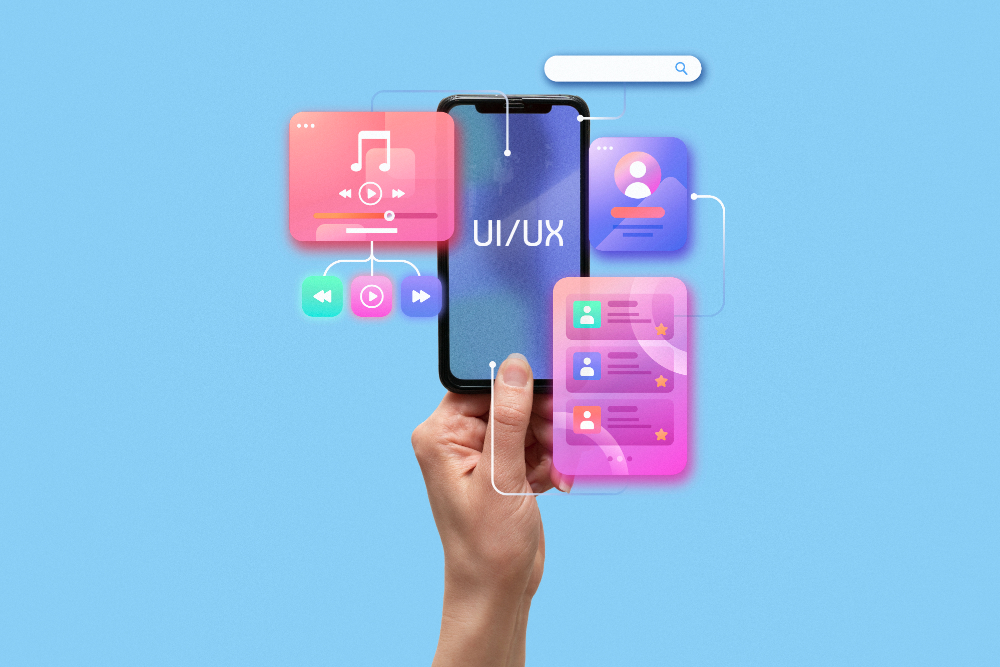Table of Contents
- The Power of Gamification in Education
- Characteristics of Effective Educational Video Games
- Alignment With Educational Goals And Curriculum Standards
- Incorporation of Game Design Principles
- Adaptability To Diverse Learning Styles And Abilities
- Feedback Mechanisms For Continuous Assessment And Improvement
- Immersive And Interactive Learning Environments
- Overcoming Challenges and Addressing Concerns
- Recommendations for Educators and Developers
- Tips for selecting and implementing educational video games in the classroom
- Collaboration between educators, game developers, and researchers
- Importance of ongoing professional development and training
- Innovation and experimentation in game design
- In Conclusion
Have you ever played a video game and felt totally absorbed, like you could play for hours without getting bored? Well, what if I told you that those same games could actually help you learn?
Think about it: we live in a world where technology is everywhere, right? From smartphones to tablets to computers, we're constantly surrounded by screens. So, why not use all that tech to make learning more fun and engaging? That's where educational video games come in.
Now, I know what you might be thinking. "Aren't video games just for entertainment?" Well, sure, they can be. But educational video games take things to a whole new level. They're designed specifically to help you learn new things while having a blast at the same time.
In this blog post, we're going to dive into the exciting world of educational video games and how they're changing the way we learn!
The Power of Gamification in Education
So, picture this: instead of sitting in a boring classroom listening to a lecture, you're transported to a virtual world where you're on a quest to solve math problems or learn about history. Sounds way more exciting, right? That's the power of gamification.
But why does gamification work so well in education? Well, for starters, it makes learning fun. When you're playing a game, you're actively engaged and motivated to keep going, even when things get tough. And that's key when it comes to learning new concepts.
Plus, gamification can help you remember things better. When you're playing a game, you're constantly making decisions and solving problems. And each time you do, your brain is working hard to store that information. So, when it comes time to recall it later, you're more likely to remember it because you learned it in a fun and interactive way.
But perhaps the best thing about gamification is that it allows for personalized learning experiences. Everyone learns at their own pace and in their own way, right? Well, with educational video games, you can tailor the experience to fit your unique learning style.
Characteristics of Effective Educational Video Games
So, what exactly makes an educational video game really stand out? Let's break down some key characteristics:
Alignment With Educational Goals And Curriculum Standards
The best educational games are those that are designed with specific learning objectives in mind.
Whether it's teaching math, science, language arts, or any other subject, these games are aligned with what students are expected to learn in school.
By tying gameplay directly to educational standards, these games ensure that students are not only having fun but also mastering important concepts.
Incorporation of Game Design Principles
Just because a game is educational doesn't mean it has to be boring! Effective educational games use principles of game design to create engaging and immersive experiences for players.
This might include things like compelling storylines, challenging puzzles, rewards for progress, and opportunities for exploration and discovery. By tapping into what makes games fun and addictive, these games keep players coming back for more.
Adaptability To Diverse Learning Styles And Abilities
Every student is unique, with their own strengths, weaknesses, and preferences when it comes to learning. That's why the best educational games are designed to be flexible and adaptable, catering to a wide range of learning styles and abilities.
Whether you're a visual learner who prefers to see concepts represented graphically, an auditory learner who benefits from hearing information spoken aloud, or a kinesthetic learner who learns best by doing, there's a game out there for you.
Feedback Mechanisms For Continuous Assessment And Improvement
One of the great things about educational games is that they provide instant feedback to players.
Whether it's letting you know whether you got a quiz question right or wrong, showing you where you made a mistake in solving a problem, or rewarding you for reaching a new milestone, this feedback is essential for helping you track your progress and identify areas for improvement.
Immersive And Interactive Learning Environments
Last but not least, effective educational games create immersive and interactive learning environments that draw players in and keep them engaged.
Whether it's exploring ancient civilizations, conducting virtual science experiments, or solving mysteries as a detective, these games transport you to new worlds and make learning come alive in ways that traditional textbooks and lectures simply can't match.
Overcoming Challenges and Addressing Concerns
Now, let's tackle some of the challenges and concerns that come with integrating educational video games into learning:
Integration into traditional educational settings: One challenge is integrating educational games into traditional classrooms, where teachers may be unfamiliar with how to incorporate them into their lessons.
However, with proper training and support, educators can learn how to effectively use these games as teaching tools to enhance student learning.
Access and equity issues related to technology: Not all students have equal access to technology, which can create disparities in who can benefit from educational video games.
To address this, schools and policymakers need to ensure that all students have access to the necessary technology and resources, whether that's through school-provided devices or community initiatives to bridge the digital divide.
Concerns about screen time and potential negative effects: There are valid concerns about the amount of time students spend on screens and the potential negative effects on their health and well-being.
To mitigate these concerns, educators and parents can set limits on screen time, encourage breaks and physical activity, and promote a balanced approach to technology use that emphasizes moderation and mindfulness.
Recommendations for Educators and Developers
Here are some key recommendations for educators and developers to maximize the potential of educational video games:
Tips for selecting and implementing educational video games in the classroom
Educators should carefully evaluate educational video games to ensure they align with curriculum goals and are appropriate for their students' needs and abilities.
Consider factors such as educational content, game mechanics, and student engagement when selecting games for classroom use.
Additionally, provide guidance and support for students as they navigate and interact with the games to maximize learning outcomes.
Collaboration between educators, game developers, and researchers
Collaboration between educators, game developers, and researchers is essential for creating high-quality educational video games that meet the needs of students and support effective learning outcomes.
By working together, stakeholders can share insights, expertise, and best practices to design and implement games that are both engaging and educational.
Importance of ongoing professional development and training
Educators should receive ongoing professional development and training to effectively integrate educational video games into their teaching practices.
This may include workshops, webinars, and resources to help educators learn how to select, implement, and assess the impact of educational games in the classroom.
By investing in professional development, educators can enhance their skills and confidence in using educational video games as valuable teaching tools.
Innovation and experimentation in game design
Developers should continue to innovate and experiment with game design to create new and exciting educational experiences for students.
This may involve exploring new genres, technologies, and pedagogical approaches to engage learners and enhance learning outcomes.
By pushing the boundaries of game design, developers can inspire creativity, curiosity, and critical thinking in students while fostering a love of learning.
In Conclusion
The potential of educational video games to revolutionize learning is undeniable. By embracing technology, collaboration, and a commitment to innovation, we can unlock the full potential of educational video games to inspire, empower, and educate students of all ages.
So, whether you're a student looking for a fun and interactive way to learn, an educator seeking to enhance your teaching practices, or a developer passionate about creating impactful educational experiences, let's continue to push the boundaries of what's possible and revolutionize learning for generations to come.

































Comments are closed.